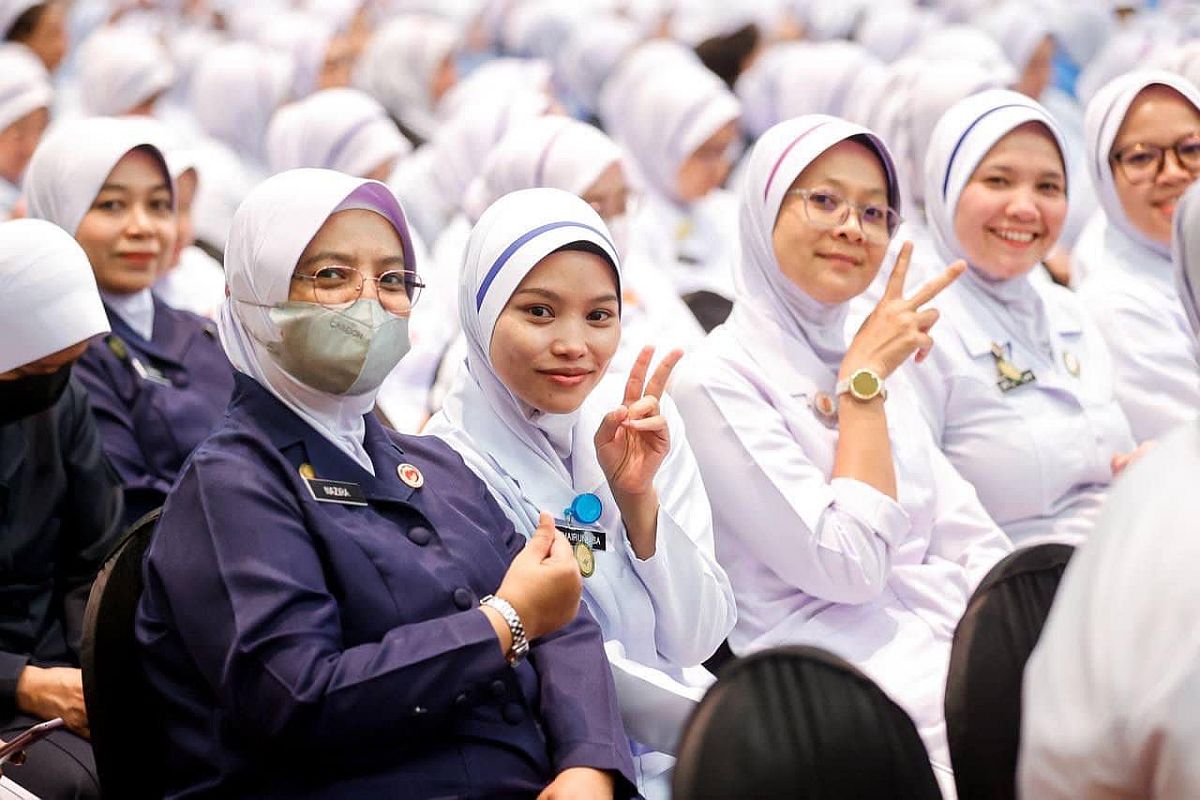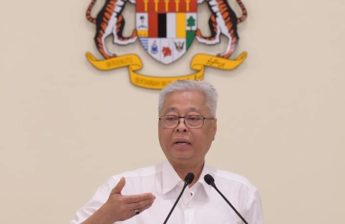KUALA LUMPUR, August 29 – Singapore hospitals have introduced shuttle bus services for Malaysian nurses residing in Johor Bahru to cut long commuting hours, in a bid to retain them in Singapore’s nursing workforce.
IHH Healthcare Singapore — the city state’s largest private hospital operator managing Gleneagles, Mount Elizabeth, Mount Elizabeth Novena, and Parkway East hospitals — has already seen over 300 employees using the shuttle service to and from their workplace and the Johor state capital. Due to high demand, plans are underway to increase bus capacity, Channel News Asia (CNA) reported.
This initiative is part of a series of measures taken by Singapore hospitals to counter a shortage of nursing staff.
According to Singapore’s Ministry of Health, attrition rates for nurses in Singapore, especially foreign nurses, surged in 2021. Local nurse attrition was 7.4 per cent, whereas foreign nurses experienced a higher rate of 14.8 per cent.
Factors such as extended working hours, shifts, and better job prospects elsewhere contribute to the departures.
IHH and other health care facilities have implemented measures to improve nurses’ working conditions. IHH nurses now have a five-day work week, with increased assistance from health care aides for routine tasks like bathing patients and answering call bells.
Singapore’s public hospitals have also introduced flexible schedules and innovations to support nurses better.
Tan Tock Seng Hospital (TTSH) is adjusting workloads and job scopes based on nurses’ needs, aiming to provide greater shift autonomy.
Digitalisation, robotics, and AI are used to make nurses’ tasks more efficient by reducing repetitive and labour-intensive work. This includes automated bed turners for repositioning patients, assisted shower devices, meal delivery robots, and smart fall-prevention beds.
Yishun Health also uses robots for routine tasks, freeing nurses for clinical care. Positive feedback may lead to deploying autonomous robots at Khoo Teck Puat Hospital, another public hospital located in the north of Singapore.
Health care assistants are being trained to take on higher-level roles, reducing nursing time spent on caregiving.
The Association of Private Hospitals Malaysia (APHM) called for market liberalisation in June, citing Malaysia’s nursing shortage. High salaries abroad are drawing Malaysian nurses overseas, APHM president Dr Kuljit Singh said.
He pointed out that private hospitals face a nurses-patient ratio constraint, affecting bed openings under the Private Healthcare Facilities and Services Act (PHFSA) 1998.
Johor Menteri Besar Onn Hafiz Ghazi, following a visit to Sultan Ismail Hospital in Johor Bahru two months ago, revealed the closure of two wards and eight operating theatres due to severe doctor and nurse shortages, resulting in extended patient waiting periods.
In May, Johor state health and unity committee chairman Ling Tian Soon highlighted a shortage of 15,000 to 18,000 nurses, attributed to local nurses working in Singapore.
Nursing salaries in Singapore reportedly match Malaysian specialist doctors’ pay, prompting suggestions for improved benefits to retain medical professionals in Johor.








